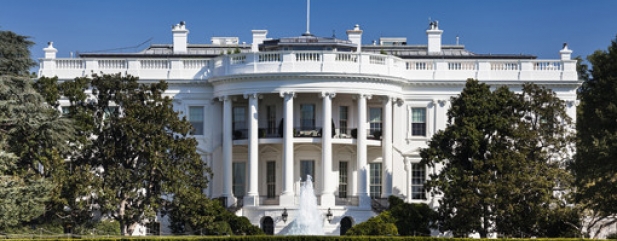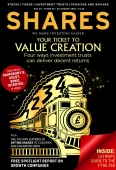Addressing the annual summit of central bankers at Jackson Hole, Wyoming, the chairman of the US Federal Reserve Jerome Powell seems in no mood to bow to pressure from president Donald Trump on interest rates.
Trump had been publicly critical of Powell and his colleagues for the current pace of rate hikes which have risen steadily since the end of 2015. He wants looser monetary policy or lower rates to help support the economy and limit the surge in the dollar.

Jackson Hole has become an increasingly important date for investors’ diaries in recent years thanks to a series of set piece announcements.
For now, Powell is committed to a course of gradual rate increases against the backdrop of a strong US economy. However, Powell did leave the door open for this approach to change according to the outlook, essentially promising to do ‘whatever it takes’ should another economic crisis loom.
Deliberate or not, this has echoes of European Central Bank chief Mario Draghi’s pledge in July 2012 to do ‘whatever it takes’ to preserve the euro – helping to restore market calm in the wake of Europe’s sovereign debt crisis.
Consultant Capital Economics reckons Powell may have to shift course in the relative short-term. ‘Our view is that economic growth will slow sharply next year, which will force the FOMC (Federal Open Market Committee) to confront that dilemma sooner than they expect.’
This helps to explain why the dollar hit a four-week low in the wake of the speech. Another factor behind weakness in the US currency was a breakthrough on trade talks with Mexico and positive noises on similar talks with Canada.
The White House has been critical of the existing North American free trade agreement and had threatened to pull out.
As the dollar is often perceived as a safe haven, the recent progress on this front saw traders unwind some of their interest in the currency. In turn this reduced some of the pressure on emerging markets – particularly those countries with lots of dollar-denominated debt. (TS)


‹ Previous2018-08-30Next ›

 magazine
magazine











